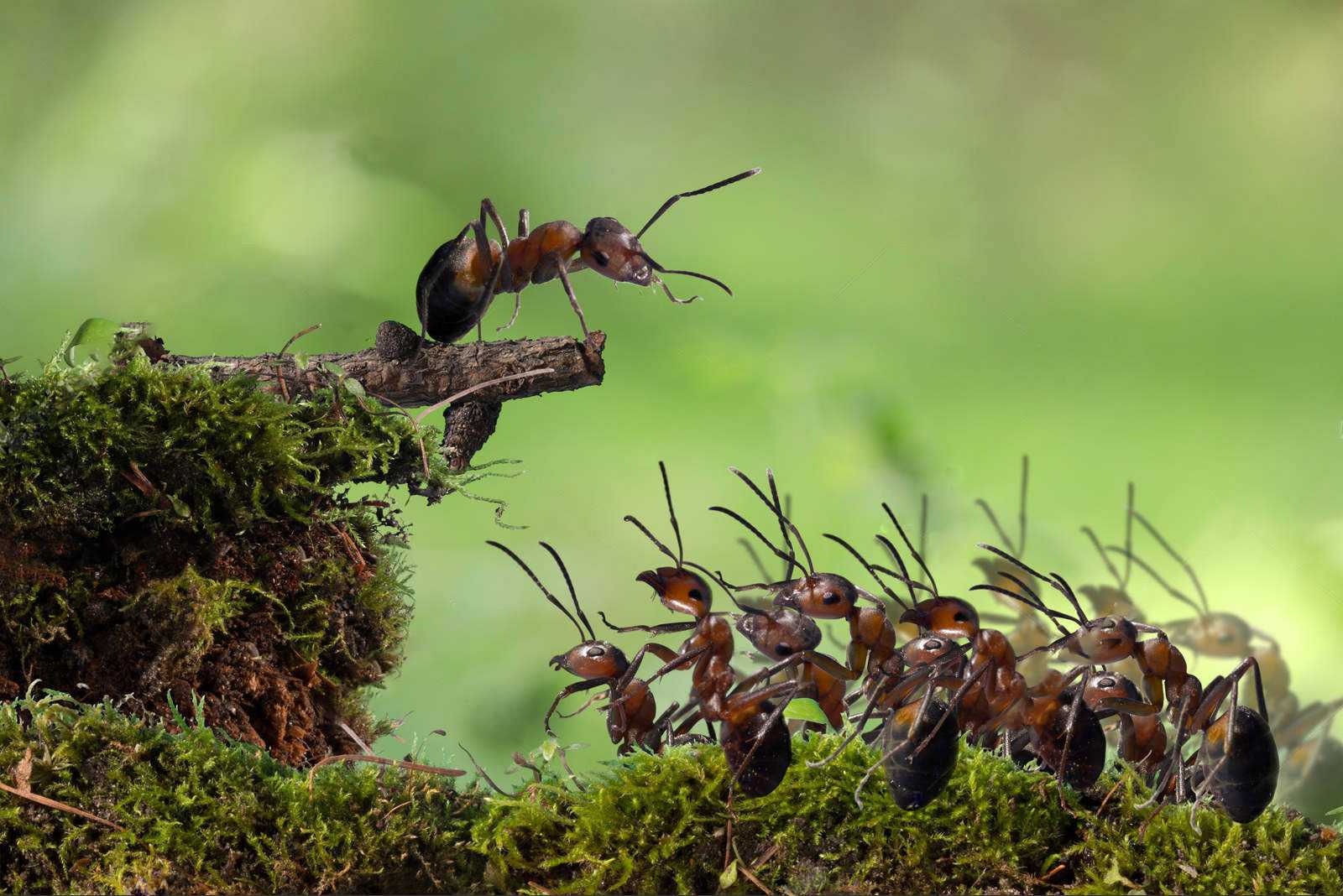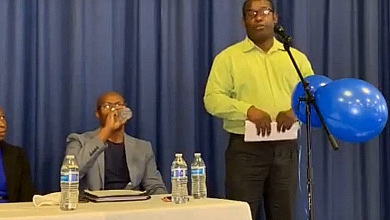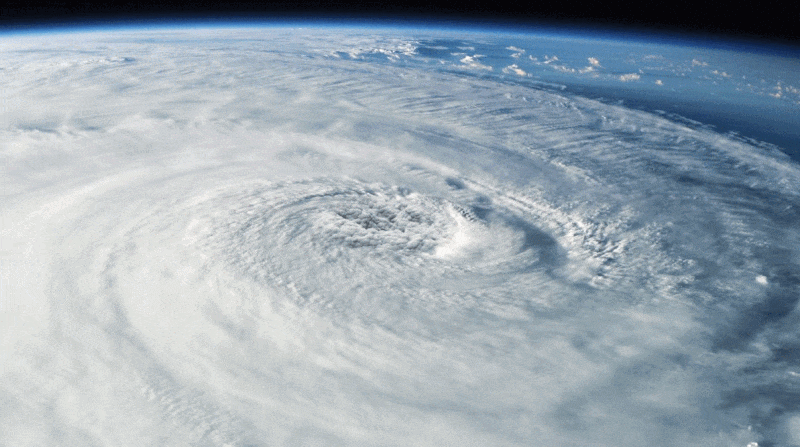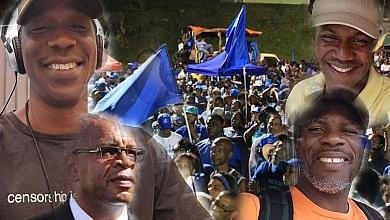
Where has the Dominican Spirit of Protest gone?
From the outset, let me declare that I support all those who, in times past and present, have championed causes to alleviate the people’s plight. I also understand those who have given up the struggle for whatever reason or reasons, as I seek to awaken new energies in an effort to keep the spirits of those who have perished in the struggle alive. It seems as if a tranquilizing cloak has been placed on the ascendant spirits, but it is my hope that the following article will help to inspire the next generations of revolutionaries. I rest this claim in the will of the good spirits of the ancestors.
A public protest is a function of the wider society and not necessarily the responsibility of any one institution of the society. Political parties are institutions within the society and they are integral units in the process; they assist in coalition building and the effective channeling of the people’s views, especially in the chambers of governmental authority. A public protest, therefore, is not merely the function of one institution or one set of people, and in more cases than not, political parties should not spearhead certain public protests.
Wherever there are grievances there will be protests. Dominicans have grievances, so Dominicans will protest. But why don’t they protest as they did in the past? What really is a protest? Does every protest achieve its desired objective? Have protests been able to humble any Dominican governing regimes? The responses to the questions posed in the preceding sentences are as follows: they do; protests take the form of writing, speaking, singing, and other social recreational art; every protest achieves its objective and yes, there was one protest which precipitated the downfall of the Patrick John led government of Dominica on May 29, 1979.
This protest was the culmination of several years of pent-up aggression and public demonstration against the Dominican government which had repeatedly featured a Dominica Labour Party (DLP) majority, dating back to the late 1950s. There was a crippling 47- day strike in 1977 in the lead up to that May 29, 1979 event, as well as a proliferation of strategic and cleverly executed pressure initiatives which helped to pull the rug from under administration. The major institutions of state and civil society all rallied against the John administration and the government was destined to collapse beneath the weight of a strangled economy.
This article is copyright © 2019 DOM767








